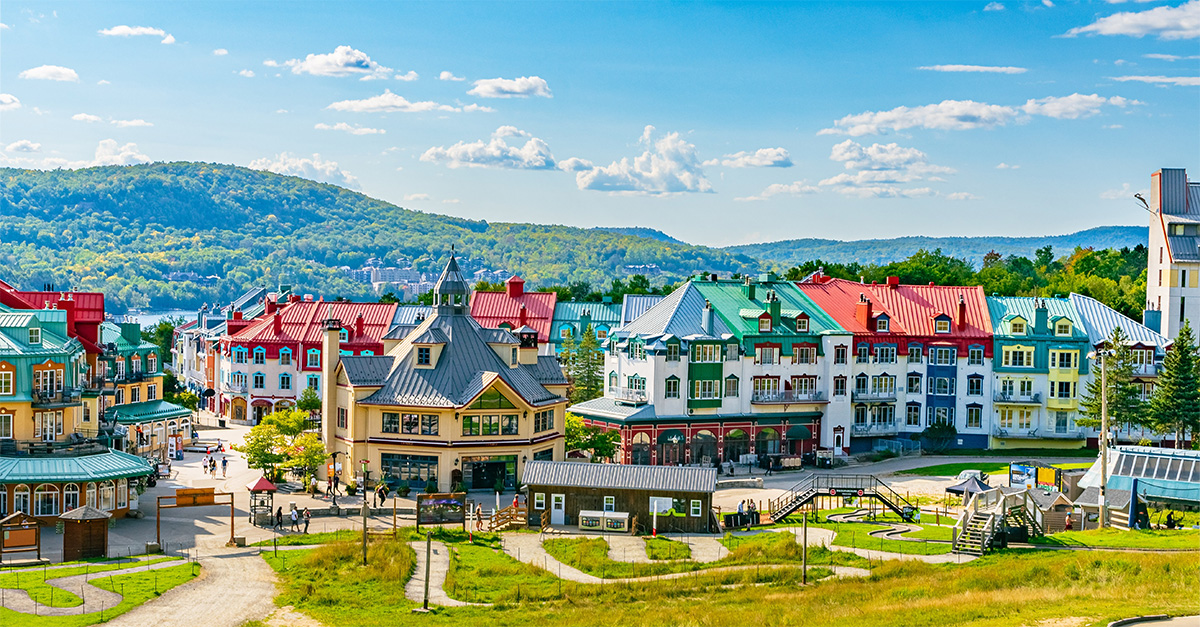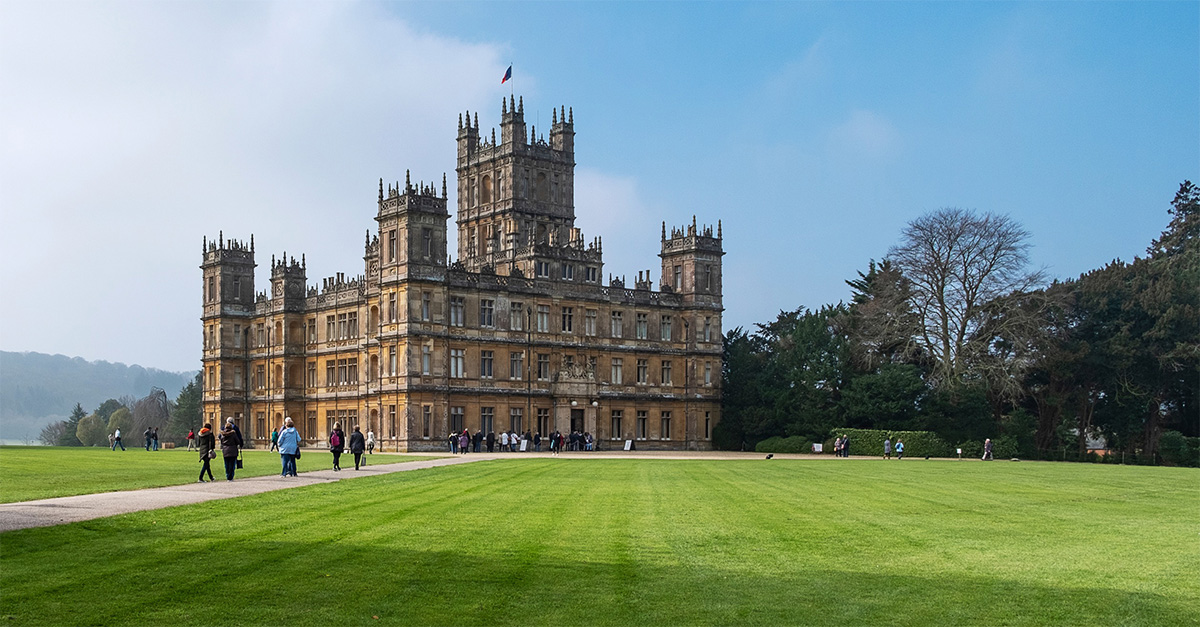THE west African country of Gabon is looking to the UK outbound market as it seeks to raise its international profile.
One of the wealthiest countries in Africa following the discovery of oil in the 1980s, the former French colony has focused on business travellers until now and done little to promote its more sustainable, natural tourism assets. But in 2002, a network of 13 national parks, more than 10% of the the country, was established and national tourism office Gabontour is pushing the destination as a new ecotourism alternative for visitors to Africa.
Gabon is in equatorial Africa and so is densely populated with wildlife, including 35,000 lowland gorillas, 60,000 forest elephants and 64,000 chimpanzees.
More than three-quarters of the country is covered in rainforest, an area second only in size to the Amazon, and it is fast becoming one of Africa’s top destinations for bird-watching. About 700 species have been recorded, most of them forest birds and some peculiar to the region.
Gabontour director-general Joseph Adjembimande said: “In two weeks, it is possible for visitors to see savannah, rainforest, mountains, hundreds of miles of pristine beaches, mangroves, wetlands and a variety of mammals including gorillas, forest elephants and whales. Where else could you find all of this in one national park?”
A spokeswoman for Operation Loango Ecotourism said: “The UK is a big market to Africa, but we are keen to attract the right type of visitor – those with an interest in nature and conservation.”
A key visitor attraction, Loango is characterised by dense rainforest and untouched beaches and is famed for its hippos and humpback whales. Around e5 million has been invested in Loango National Park alone.
The spokeswoman added: “We’re running conservation projects on whales, sea turtles and elephants. Small-scale ecotourism activities and scientific research is the main pillar for development in Loango. Tours might seem expensive compared with some of our neighbouring countries, but a lot of tourist income is reinvested directly in conservation programmes.”
Tour operators that go to Gabon currently include Wildlife Worldwide and African Travel Centre.
Wildlife Worldwide has sold a handful of tours since introducing Gabon last year. Managing director Chris Breen said: “Visitors can expect to see gorillas inland, plus wonderful whales off the coast and hippos that you can actually see in the sea. In that sense, Gabon is unique. We’ve had very good feedback and expect interest to grow.
Aside from a rich natural heritage, the destination’s selling points include a well-developed flight network and a safe environment.
“You can get anywhere by aircraft and walk the streets alone. Gabon is a safe country,” said Adjembimande. However, there is little road infrastructure, with air transportation, an east to west TransGabon rail link and river cruise the main means of getting around.
The country is well stocked with business hotels and is looking to develop luxury lodges and beach and bush-camp accommodation.




